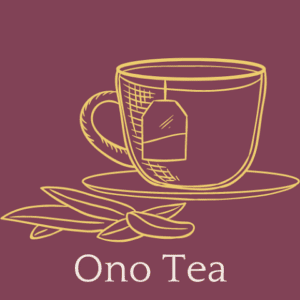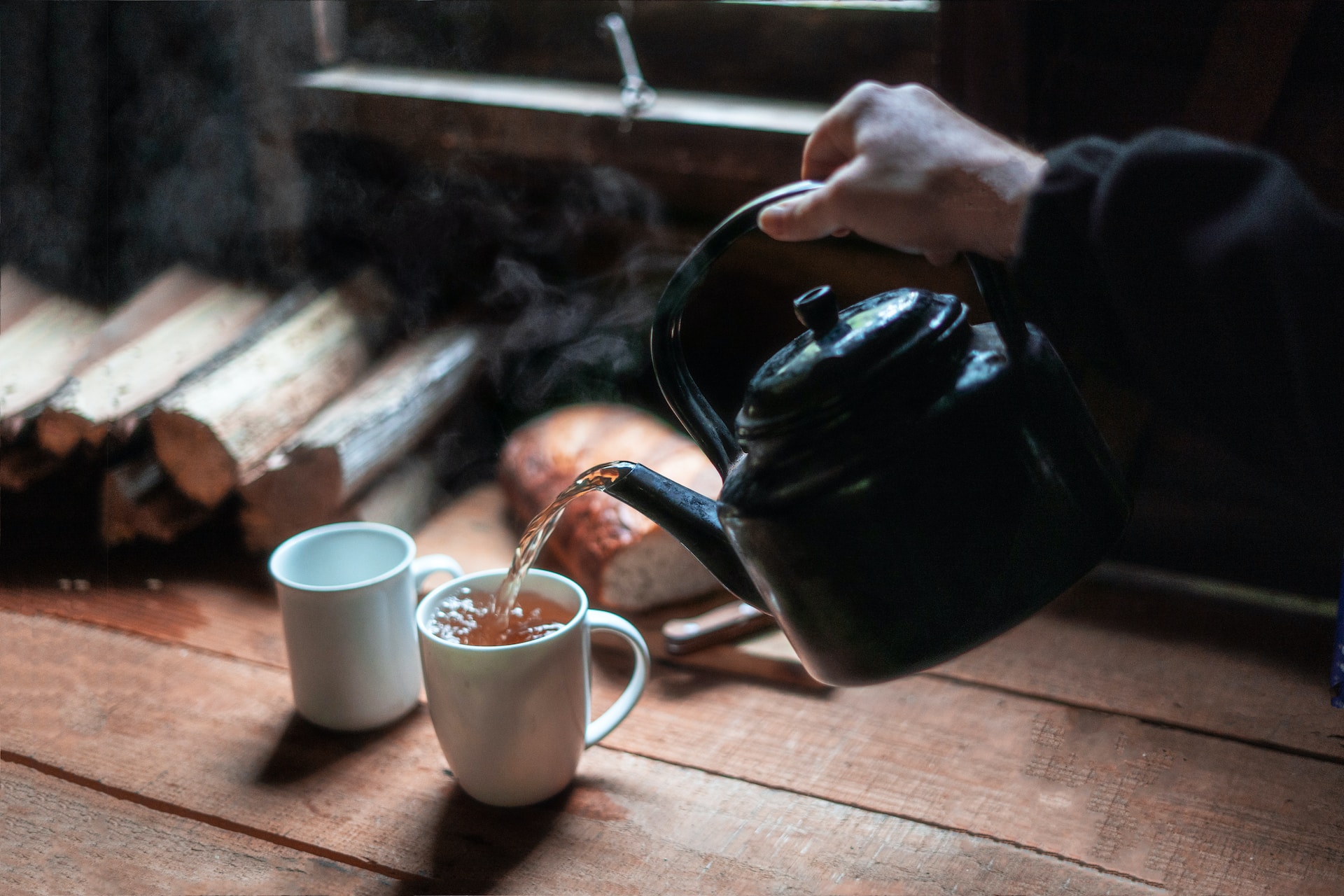Oolong tea, originally called Black dragon tea, springs from a rich Chinese heritage dating as far back as the 1300s. The growing popularity of tea as medicinal and nutritionally beneficial prompted mass production by the fall of the 19th century. Oolong’s rich antioxidant content, role in potential weight management, improved cognitive function, etc., speak volumes about its benefits to consumers. Mind you, while oolong, black, and green teas have several similarities, the processing of the former makes them quite different. The oxidation process is quite complicated and requires extra attention, experience, and skill.
So, getting right into the details, here are some oolong tea nutritional facts that will blow your mind. But first, let’s explore the nutritional profile of this traditional Chinese tea.
Oolong Tea’s Nutritional Profile
Antioxidants
As is typical with teas, oolong tea is a powerhouse of antioxidants like flavonoids and other polyphenols. These compounds play a major role in materializing the numerous health benefits of the beverage.
Vitamins
Oolong contains trace amounts of vitamins that contribute to overall health. Most notably present are vitamins A, B, C, E, and K.
Minerals
In addition to vitamins, oolong tea is also a rich source of essential minerals, including calcium (1mg), manganese (0.21mg), potassium (12mg), sodium (3mg), and zinc (0.01mg).

Caffeine
Oolong also contains caffeine, but in smaller quantities when compared to black tea but more than in green tea. The intensity over time, however, is a function of the steeping process. However, on average, a cup of oolong tea contains about 35 mg of caffeine.
Amino Acids
Amino acids such as theanine and gamma-aminobutyric acid are also a major part of oolong’s nutritional profile. Theanine is the most abundant of them all, accounting for about 50%.
5 Mind-Blowing Oolong Tea Nutritional Facts
1. Oolong Tea Directly Improves Cognitive Function and Mental Alertness
The primary constituent in oolong tea responsible for improved cognitive function and mental alertness is caffeine. Caffeine is a naturally occurring substance in several beverages, so it shouldn’t come as a surprise. Though not as abundant in oolong tea as in other teas, it is still capable of providing a boost to one’s mental performance. Caffeine affects the Central Nervous System to produce a psychostimulant effect. Theanine (an amino acid) is another constituent in oolong tea that creates an upsurge in cognitive function, but it doesn’t stop there. Theanine
goes further to deal with restlessness by inducing increased production of dopamine and serotonin levels in the brain to bring the body to a restful state without causing drowsiness. The icing on the cake are the vitamins, particularly Vitamin B
, Vitamin C
, and Vitamin K
.
2. Oolong Tea May Prevent Alzheimer’s Disease, Cancer, Parkinson’s Disease, etc.
Various studies provide proof that oolong is somewhat of a preventive medication against several deadly diseases. While the body has its own antioxidant defense infrastructure, in certain cases it is usually not sufficient to fend off free radicals. Free radicals creep in to create an imbalance (oxidative and nitrosative stress) in cells that cannot dispatch a superior antioxidant response. However, the polyphenolic components and vitamins in oolong tea reinforce the body’s defense against the unhindered existence of free radicals. As an anticarcinogen, oolong tea helps eliminate cancer
cells. In the same vein, as an antioxidant, it fights against cell death and unhealthy buildup around cells, preventing diseases like Alzheimer’s and Parkinson’s.
3. Oolong Tea Reduces One’s Chances of Having Stroke (Heart Attack or High Blood Pressure)
Oolong teas work as preventive medications against the development of heart diseases in two main ways: cholesterol and blood pressure regulation. The accumulation of “bad cholesterol” (Low-density lipoprotein, or LDL) and triglycerides
in the blood creates the perfect environment for hyperlipidemia
, dyslipidemia
, etc., as risk factors for various cardiovascular issues. However, studies
show that people who drink one or two cups of oolong tea daily have a lower risk of high LDL and triglyceride levels. According to the same study, people who had been consuming oolong tea for a longer period of time had the least risk. Similar research
examining men and women separately reveals that taking one cup daily reduces cardiovascular disease death risk by 38% and 22%, respectively. On the other hand, as a blood pressure regulator, the hypolipidemic effect of polyphenols and caffeine relaxes the blood vessels and, by extension, lowers blood pressure.

4. Oolong Tea Aids Weight Loss
Oolong tea is active in the body, from ensuring smooth digestion to speeding up metabolism and optimizing fat oxidation. The icing on the cake is its ability to suppress your appetite for high-carb food, preventing you from binge eating. The overall effect is to help you stay in shape, but to lose weight effectively, you need to stick to healthy eating habits and regular exercise. The antioxidant content, particularly catechins, offers prebiotic effects to ensure a healthy gut microbiome for smooth digestion. Polyphenols, on the other hand, slow down the digestion of carbohydrates
, potentially limiting one’s craving for sugary or junk food. Furthermore, antioxidants (Epigallocatechin gallate, or EGCG) coupled with vitamins (Vitamin B and Vitamin D, especially) and minerals (calcium, iron, and magnesium) speed up metabolic rates.
5. Oolong Tea Improves Bone, Oral, and Skin Health
Once again, oolong tea’s vitamins, minerals, and antioxidants contribute significantly to bone, oral, and skin health. Regarding oral health, research shows that all three constituents in tea generally align with dental health recommendations to prevent tooth loss, mouth cancer, and cavities. Iron helps manage glossitis
(tongue inflammation), magnesium
protects the enamel, and zinc
inhibits bacterial growth in the mouth. Most importantly, calcium
helps maintain strong teeth.
In terms of improving bone health, polyphenols play a major role. A recent study reveals this antioxidant helps prevent bone diseases by increasing bone formation biomarkers. Increased bone mineral density means stronger bones.
Lastly, oolong tea may serve as a preventive measure against several skin conditions, like eczema. A 2001 study featuring 118 participants with eczema proves that drinking about four cups of oolong tea daily for a month can bring about moderate improvement with visible signs anywhere from two weeks. This was in addition to their normal eczema treatment.
Incorporating Oolong Tea into Your Diet
Adding oolong tea to one’s diet is highly recommended. Brewing is quite simple, and drinking is refreshing. Unlike soda or other carbonated beverages, oolong tea is a low-calorie drink and a far healthier option. Also, it is the perfect balance between green and black tea.
Start your day with a cup to boost antioxidant activity in your body. It could also be a great addition to your breakfast, ensuring proper digestion. However, it’s important to get the temperature right to extract maximum benefits. 90 degrees Celsius (close to boiling) is just right, as higher temperatures can result in the loss of beneficial properties. Finally, steep the tea bag for about three minutes before drinking.
Watch this video:
N.B.: Note that brewing instructions may differ depending on the type of oolong tea. So, ensure you read the product label to get it right. Also, depending on your preferences, feel free to experiment.
The Wrap-Up: Potential Side Effects and Precautions
Incorporating oolong tea into one’s routine is an addition with massive upsides. From antioxidants to amino acids, its nutritional profile is power-packed, which turns around one’s health status for good. However, while partaking in the delight of properly brewed oolong tea, you must be careful not to abuse it through overconsumption. Excessive tea consumption can overturn the early health benefits and cause severe side effects. Below are some of them:
- Restlessness and insomnia
- Irritable Bowel Syndrome (IBS)
- Nervousness
- Irregular heartbeats
- Irritability
- Convulsion
- Heartburn
- Diarrhea
On the other hand, here are some precautions to take cognizance of:
- If you have a condition and are on medication, speak with your doctor first for your safety.
- Oolong tea may interfere with certain medications.
- You may be caffeine-intolerant or sensitive
- If you’re sexually active, know your pregnancy status because caffeine and other constituents may affect your child
- While consuming up to 400mg per day is considered safe, try not to exceed three cups per day. One or two if you’re new.

